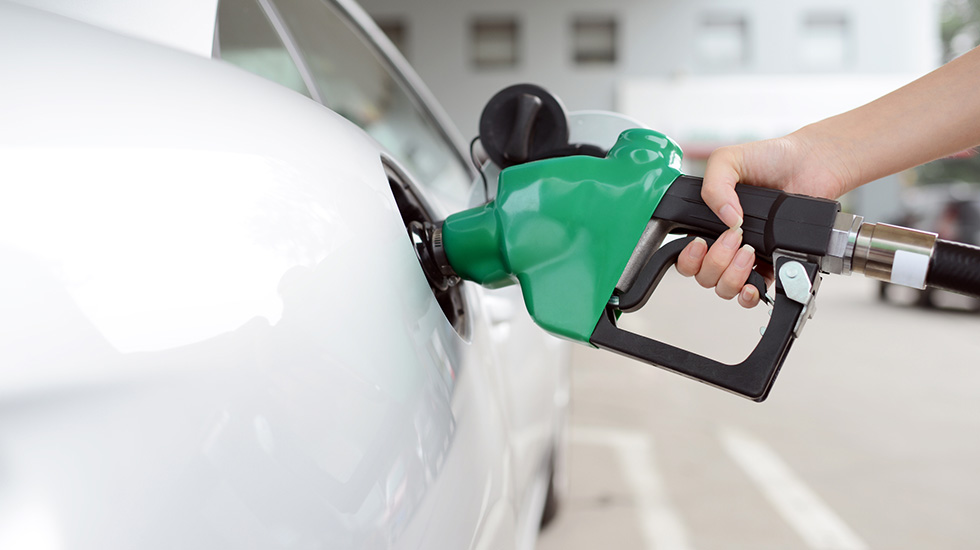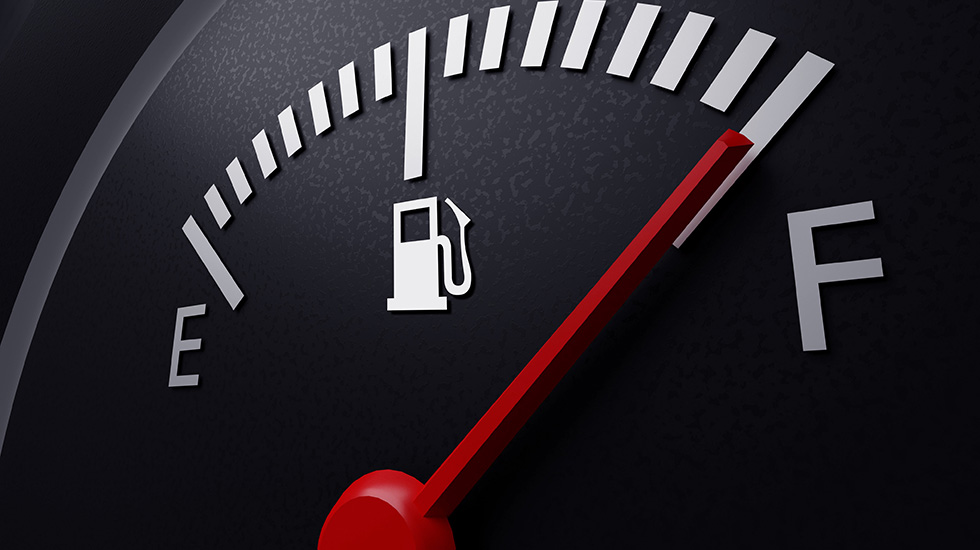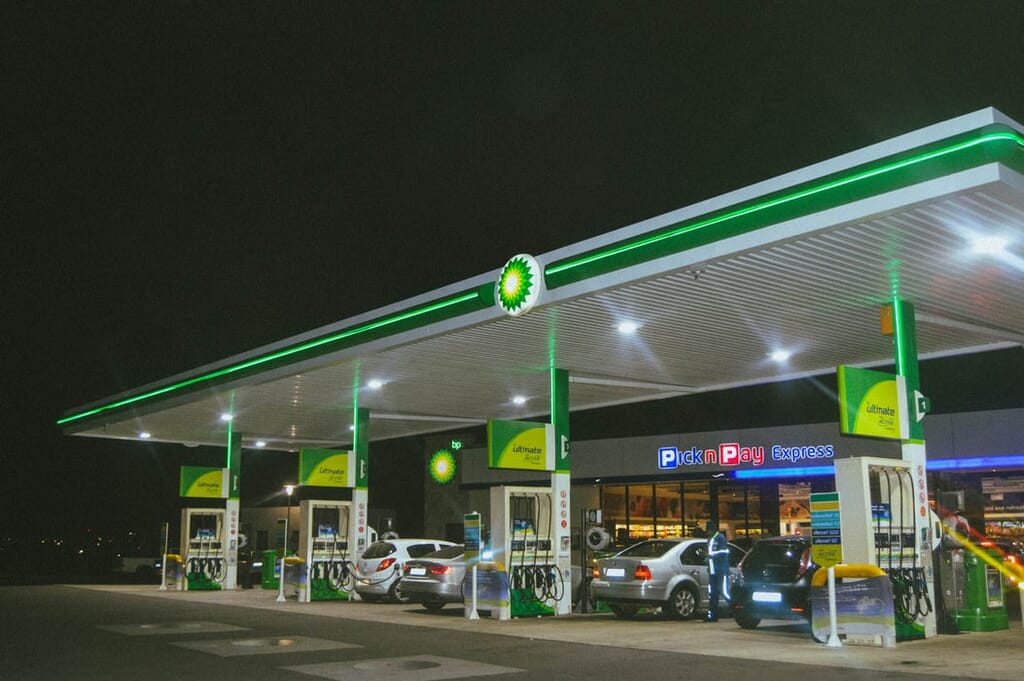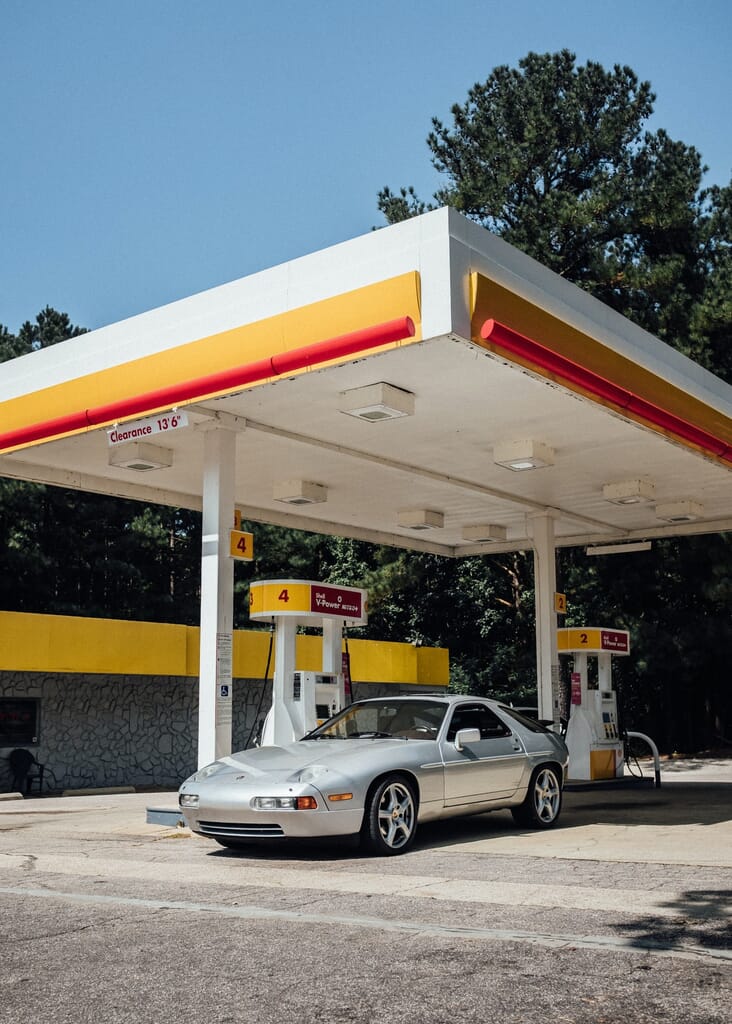
Fuel smart and you’ll keep your vehicle healthy during long term car storage. Here’s the expert advice your tank will thank you for.
Squeeze pump. Swipe card. Filling up isn’t exactly rocket science – but when you place your vehicle in long term car storage, the rules are a little different. Left in an inactive car for longer periods, unused fuel can cause a host of mechanical issues. But whether you bring your vehicle to Windrush for specialist long term car storage – or follow the advice below before resting your vehicle at home – we’ll keep you ticking over.
The Problem
When it’s kept too long in an enclosed container like your vehicle’s tank or engine, fuel starts to degrade. The octane content reduces, and the petrol becomes stale, leading to blockages within the fuel lines, fuel pump and tank. Diesel vehicles suffer from a similar problem called waxing. And while most fuel contains additives to slow this process down, over a period of time these additives will themselves deteriorate.

Meanwhile, fuel refiners are gradually increasing the ethanol levels in their product. True, ethanol blended into fuel is better for the environment. But for the car enthusiast whose vehicle sits unused for long periods, it’s less desirable, reducing fuel stability, causing metal corrosion within fuel systems, as well as hardening rubber fuel lines and plastic components like floats, seals and diaphragms. Add to that, ethanol is hydroscopic, so the water it absorbs will sink to the bottom of the fuel tank, causing rough running and corrosion in fuel systems. Thankfully, this is less of an issue in dehumidified facilities, like Windrush’s long term car storage locations in London and the Cotswolds.
Four Fuelling Solutions
Before you take your car off the road, it’s worth deciding how you plan to keep your fuel fresh and your vehicle functional. In our experience, these are the four most effective tactics before you book long term car storage.
One of the most straightforward methods is to simply leave a small amount of fuel in your vehicle’s tank and add a little fresh fuel to this every few months. This will refresh the fuel in the tank and stop it deteriorating.
Another effective approach is to fully fill the tank with high octane fuel. This larger volume of premium fuel will degrade much slower over time than a small amount of low-quality fuel left at the bottom of the tank.

When you fill the fuel tank, also add a fuel stabilizer, to stop it degrading and contaminating the tank, injectors and more. Be sure to choose the best fuel stabilizer for car storage and use it at optimum dilution: that way, you could protect your vehicle for up to two years (though it’s not advised to leave the same fuel in your tank for more than a few years).
For the ultimate preservation of a vehicle’s fuel system, use a non-ethanol fuel. This fuel type is not widely available, and can usually only be purchased as racing fuel at a high price per litre. But non-ethanol fuel is doubly effective, as it’s usually high octane rated, too, which will also significantly slow down the degrading process.
The Windrush Difference
From the ideal fuel brands to the best fuel stabilizer for car storage, when you choose Windrush, we’ll assess the unique requirements of your vehicle and decide on the best approach. It’s all part of a complete classic car storage solution that sets us apart. After a thorough twelve-step induction process – including a full fluid checkover – we’ll settle your car in its own dehumidified, climate-controlled indoor storage bay, maintained with 24/7 security, twice-daily checks, weekly battery and drip tray inspections, plus an expert maintenance checkover every 60 days.
To discover more about Windrush long term car storage, get in touch today.




